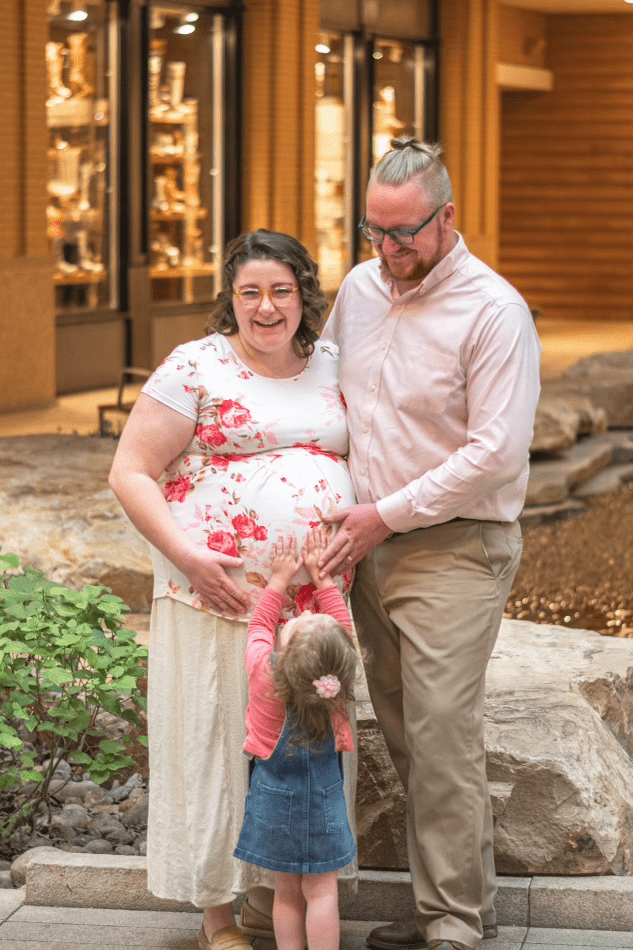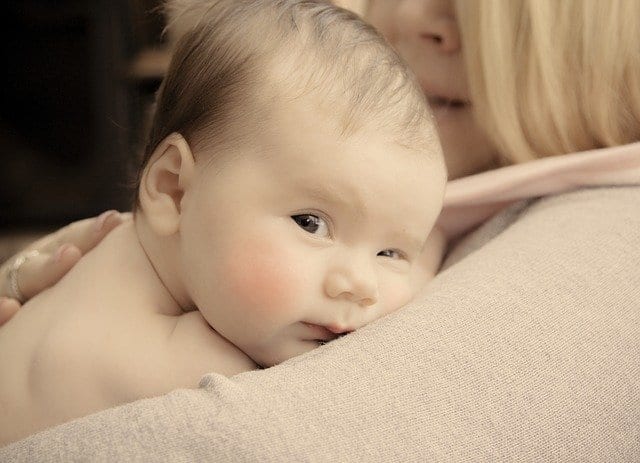Society, with all of its innovations and intricacies, has lost the vision of home power. With social and political upheaval happening around the globe, parents wonder how to raise up a new generation of people who can set things straight, get society back on track toward goodness, diplomacy, truth, and healthy problem-solving. The solution to these modern problems lies in truths that were fully understood in the past and taught through home power.
Gaskell wrote, “The home is the epitome of society and government.” Whatever happens in the home is what ultimately happens in society. Does this mean that our homes are encouraging social contention and war? Or, maybe, is it that the world’s social and political wars have crept into our homes and shaken the bonds of love, affection, truth, trust and acceptance that should exist there to provide a stable, calm foundation no matter the troubles? What happens to the upbringing of our children if the world raises them through the media in our homes instead of getting life training through the home-training of parents?
Home Power
Samuel Smiles said, “…home-training includes not only manners and mind, but character. It is mainly in the home that the heart is opened, the habits are formed, the intellect is awakened, and character molded for good or for evil…From that source, be it pure or impure, issue the principles and maxims that govern society. Law itself is but the reflex of homes. The tiniest bits of opinion sown in the minds of children in private life, afterward issue forth to the world, and become its public opinion.”
Homes have the power to cure or canker society, to corrupt, control, or curtail law. Homes form and open hearts, create stable or slippery foundations, and catapult family opinions into the public sphere, whether true or false, emotional or logical. When we seek to problem-solve the social ills around us, why do we look first to law and legislation, when we should be looking first to home culture, self-culture, and true power; home power?
Could it be because focusing on improving home culture and self-culture requires taking personal responsibility, self-control, and consistent work, and that law and legislation are just about controlling others and placing blame? The hardest work we ever do is to work on improving ourselves. Healthy homes teach and exemplify self-improvement as the means to happiness and success.
Home power is a true power. No matter if the home produces moral or immoral opinions, good or evil children and adults, it still has the power to form them. Home power reaches into the formation of thoughts, ideas, morals, character, manners, civility, spirituality, connection, problem-solving, skill development, relationships, habit formation, and condition of heart.
“Thus the home may be regarded as the most influential school of civilization…” said Smiles. “…civilization mainly resolves itself into a question of individual training, and according as the respective members of society are well or ill trained in youth, so will the community which they constitute be more or less humanized or civilized. The training of any man, even the wisest, cannot fail to be powerfully influenced by the moral surroundings of his early years.“
Nurture and Culture
Consider mothers. From the earliest moments of a child’s life, mothers encircle their child in the arms of affection and love. They protect from harm, instruct in virtue, and correct vice. They form language through songs, stories and simple conversations. They create thought and action habits through living with the child. They socially introduce the child to the world, and set protective boundaries to keep the child steered in their desired direction.
Mothers nurture. To nurture is to strengthen, nourish and correct. Mothers are not afraid of telling their child “no” and teaching their child that frustration, pain, mistakes, sadness, stress, and loneliness are part of life and can all be overcome. Through love, mothers allow their children to learn and stumble and bounce back again and again as they master their first steps and their social catastrophes. Without the nurture of mother, a child misses what only a mother can give. The heart and confidence of a mother.
Consider fathers. Throughout all the phases of development and life, father sets the ultimate example for success or failure for his child. He is the person in the child’s life that offers a special kind of acceptance that confirms to the child that they are socially acceptable and valuable despite their failings and struggles. Through father, the child sees their ability to progress.
Father establishes a culture for living that either compliments or contrasts to mothers. If complimentary, then the child has a firm compass for future success. If contrasting, then the child must test mother’s wisdom against father’s example and choose for themselves. This can be difficult, and some children fall from mother’s teachings.
Father gives his child a larger view of life by not being the designated nurturer, but still engaging in nurturing and protecting. Fathers protect by setting an example and living virtuously. They point their children toward truth through wisdom, but mostly through the way they live their lives. Children usually set their life bars to the bar that their father set for himself.
Family culture is unique to any other culture. This is why people are always intrigued to learn about other people’s upbringings and why people often share their upbringings for context in conversations. The method of nurture and the home culture for the family ultimately create the foundation for the child, and that foundation is formed much younger than many people realize. Before the child can fully converse they already know how to socially engage and what priorities matter most because of the nurture and culturing of mother and father.
Grandparents are also a key part of the nurturing and culturing of children. They offer a second witness to all the teaching from the parents, or they offer another view of life, depending on if the virtues of parents and grandparents are the same or different. Healthy bonds with grandparents give the child a generational view of life and identity that provide the child with increased confidence, wisdom, and purpose throughout life. Ideally, they are also a voice of truth that can reach a child during difficult times when a child may be turning against the ways of their parents or need another wise opinion.
Solving Social Problems
In order for the social ills of today to be turned around, society must focus on home power. It would be naive for us to believe that all the problems are coming from outside our homes. The way we best engage with the outside influences is for us to exercise our home power. Do we take it all in or not? We can choose.
When we put our focus on parenting and grand-parenting in deliberate ways and we set boundaries, teach skills, and correct and instruct our children when needed, then we are acknowledging that we are more powerful than some family exploiting voices want us to think that we are. We can choose to have positive or negative effects to our home power, but the home power is constant. Homes do form people. They are that powerful. It’s just the parents who realize this fact that end up having results that can strengthen society, instead of taking society of track. It’s never too late. The world is never too far gone. But, to right the ship and put things back on track, we have to acknowledge and strengthen real power; home power.
Strengthen your home power by learning the not so known secret for parenting success, here.






